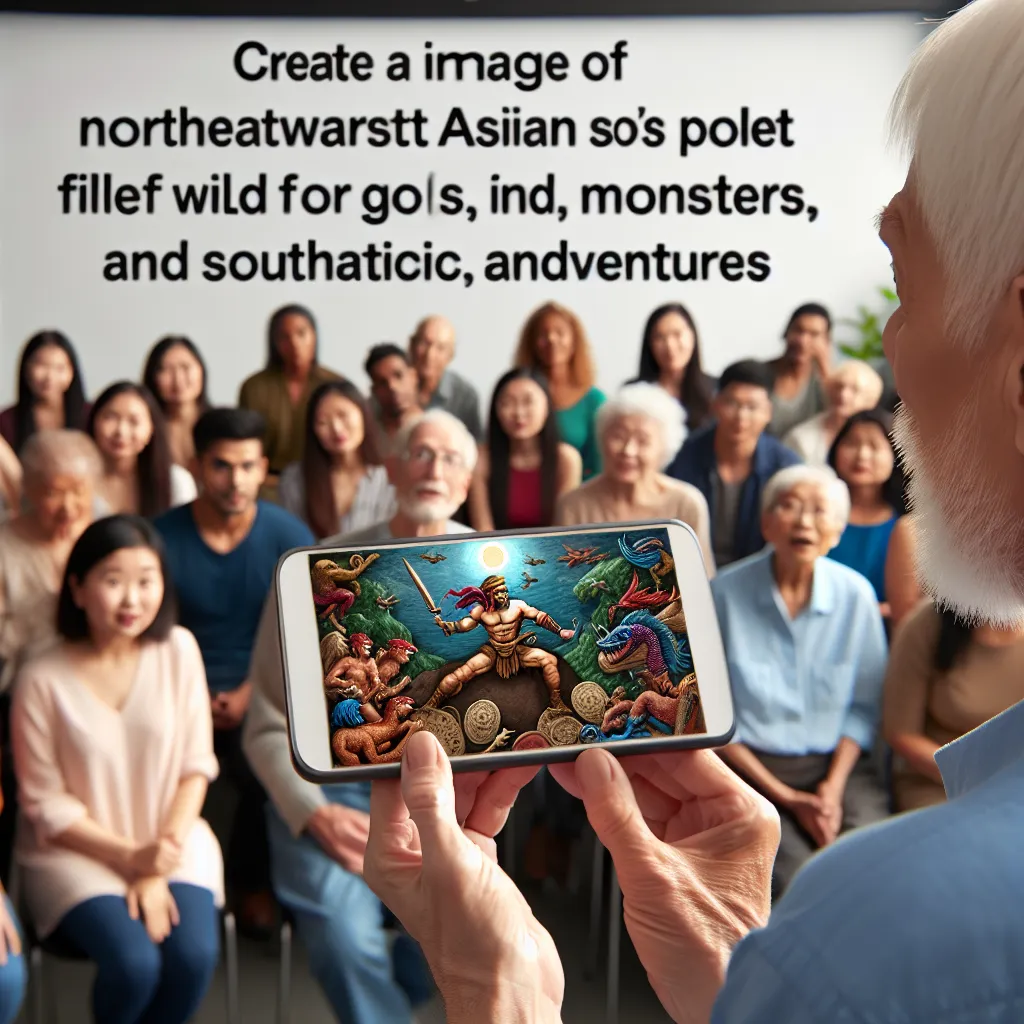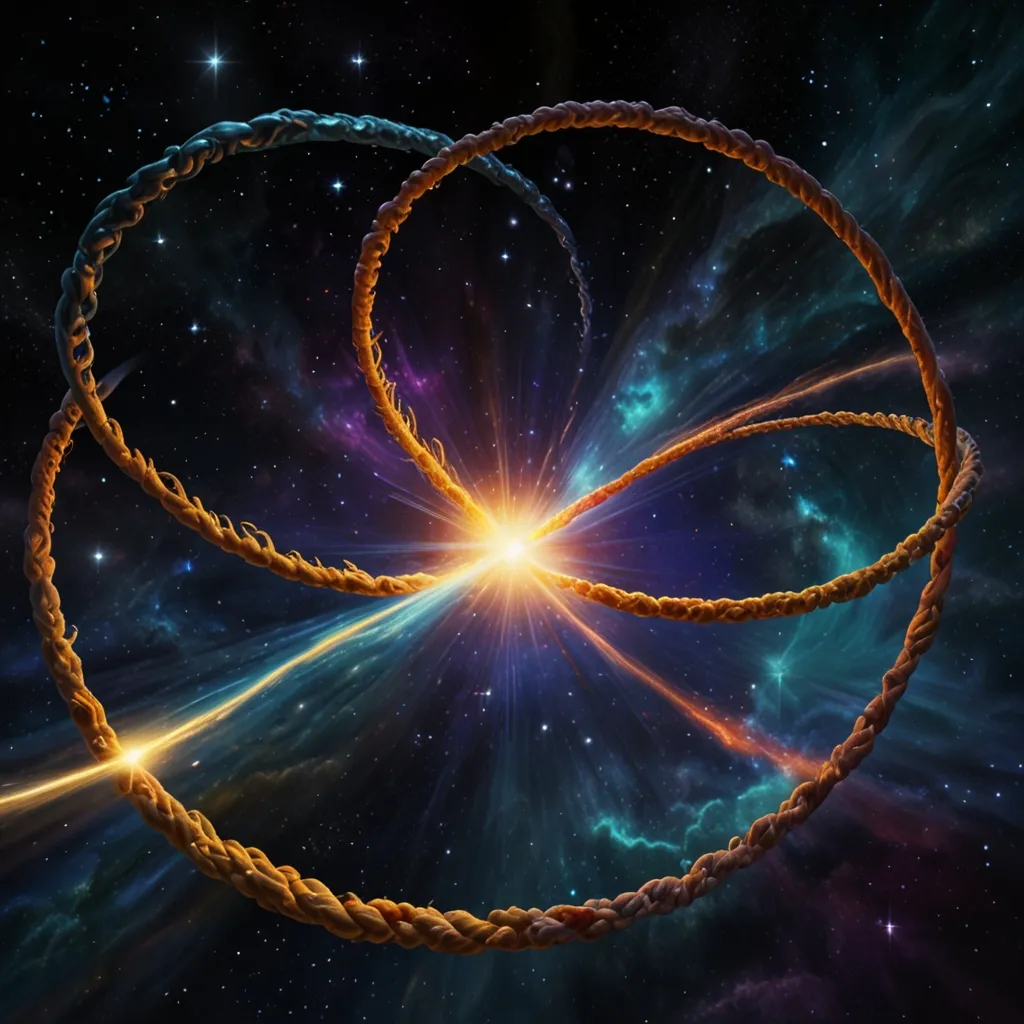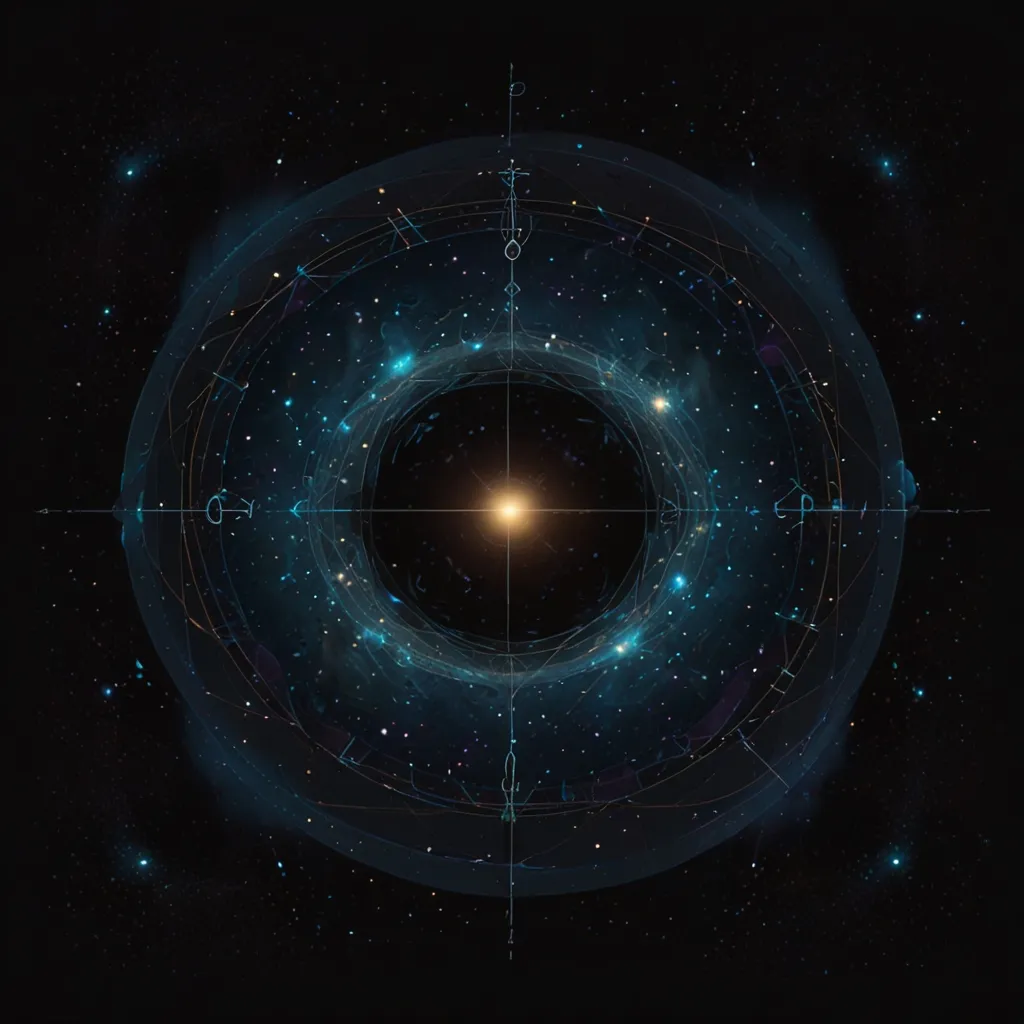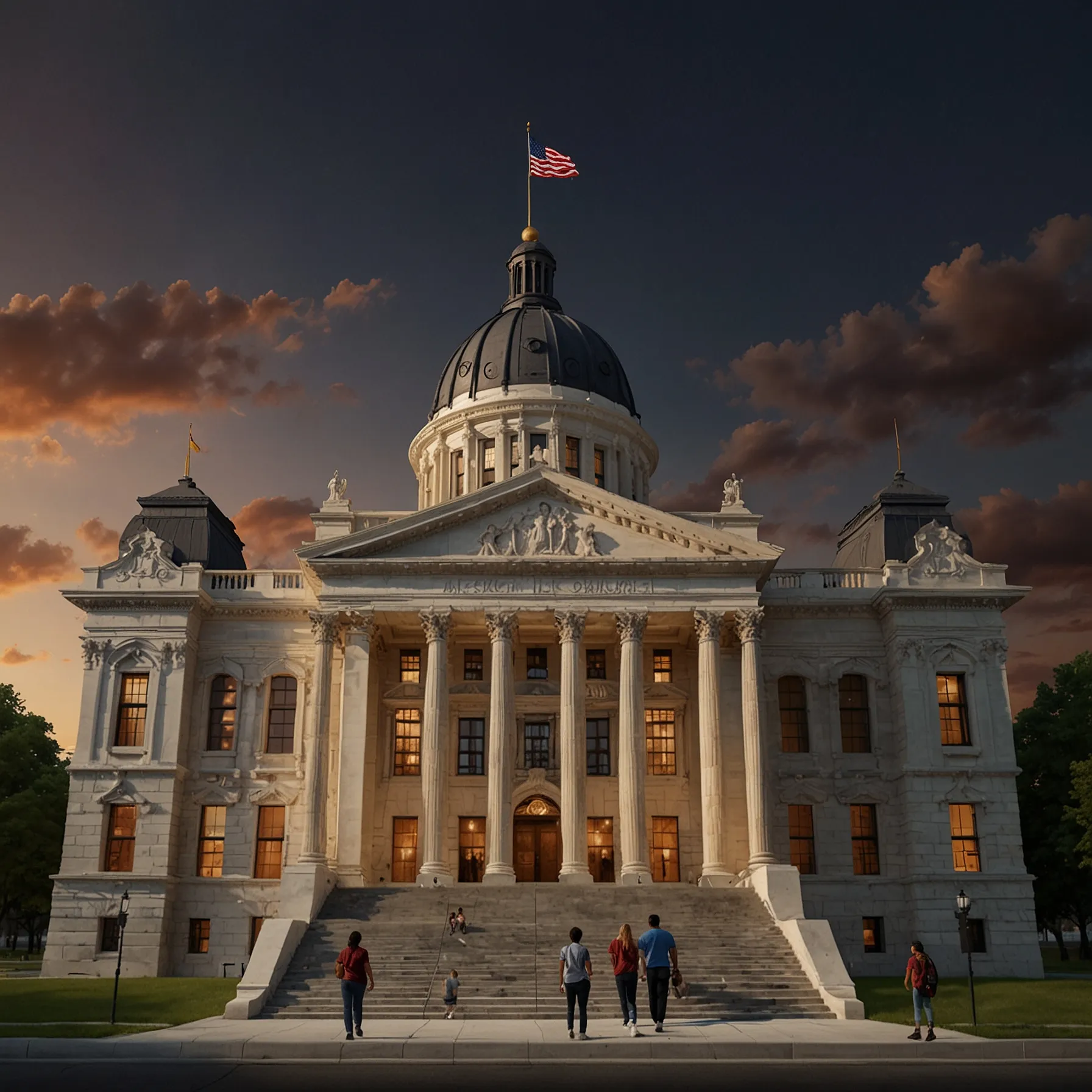Imagine coming face-to-face with a man-eating giant, encountering a sorceress who turns men into pigs, or witnessing a long-lost king reclaim his throne. Each of these stories could stand alone, but they are all just pieces of the “Odyssey,” a sprawling 12,000-line poem rich with Ancient Greek history, myth, and legend.
It’s truly amazing that we can even read the “Odyssey” today. This epic was composed long before the Greek alphabet was developed in the 8th century BCE. Back then, it was created for listeners, not readers, and performed by oral poets known as rhapsodes. Tradition credits its authorship to a blind man named Homer, but his existence remains a mystery. The earliest references to Homer show up centuries later, and his attributed poems were likely altered by various storytellers before taking on their present form.
The word “rhapsode” itself means to stitch together, hinting at how these poets weaved stories, jokes, myths, and songs into a single narrative. To keep track of these massive tales, rhapsodes used a steady meter and mnemonic devices like repeated passages and set pieces. This helped them maintain their place in the narrative, much like a song’s chorus aids us in remembering the verses.
Interestingly, because the audience already knew these stories well, it was common to hear the poem’s sections in random order. However, at some point, the narrative order was standardized, giving us the version we read today. Given the passage of several thousand years, having some background is helpful before diving in.
The “Odyssey” is essentially a sequel to “The Iliad,” another famous epic by Homer that chronicles the Trojan War. A major theme that connects both poems is the importance of not upsetting the gods. The Greek Pantheon was a dangerous mix of divine power and human-like insecurities, leading to jealousy and epic grudges. Most human problems in these stories stem from hubris, or excessive pride, which angers the gods.
The ancient Greeks placed great importance on pleasing the gods, which led to a code of hospitality known as xenia. This involved hosts offering safety, food, and comfort to guests, who, in turn, showed courtesy and offered gifts if they had any. In the “Odyssey,” this concept is crucial. Odysseus is constantly a guest on his wanderings, and his wife Penelope is a perpetual host in his absence.
The poem begins in the middle of events, known as in medias res. Ten years after the Trojan War, Odysseus is stranded on an island, far from his home in Ithaca and the family he hasn’t seen in 20 years. His journey is plagued with misfortunes because he angered the sea god Poseidon by blinding his cyclops son. As trouble brews at home and gods debate his fate, Odysseus recounts his adventures to his hosts.
What makes the “Odyssey” truly fascinating is the gap between how little we know about its time and the rich details the text provides. Historians, linguists, and archaeologists have spent centuries searching for Troy’s ruins and identifying which islands Odysseus might have visited. Like its hero, this 24-book epic has navigated centuries of myth and history to share its incredible story with us today.






